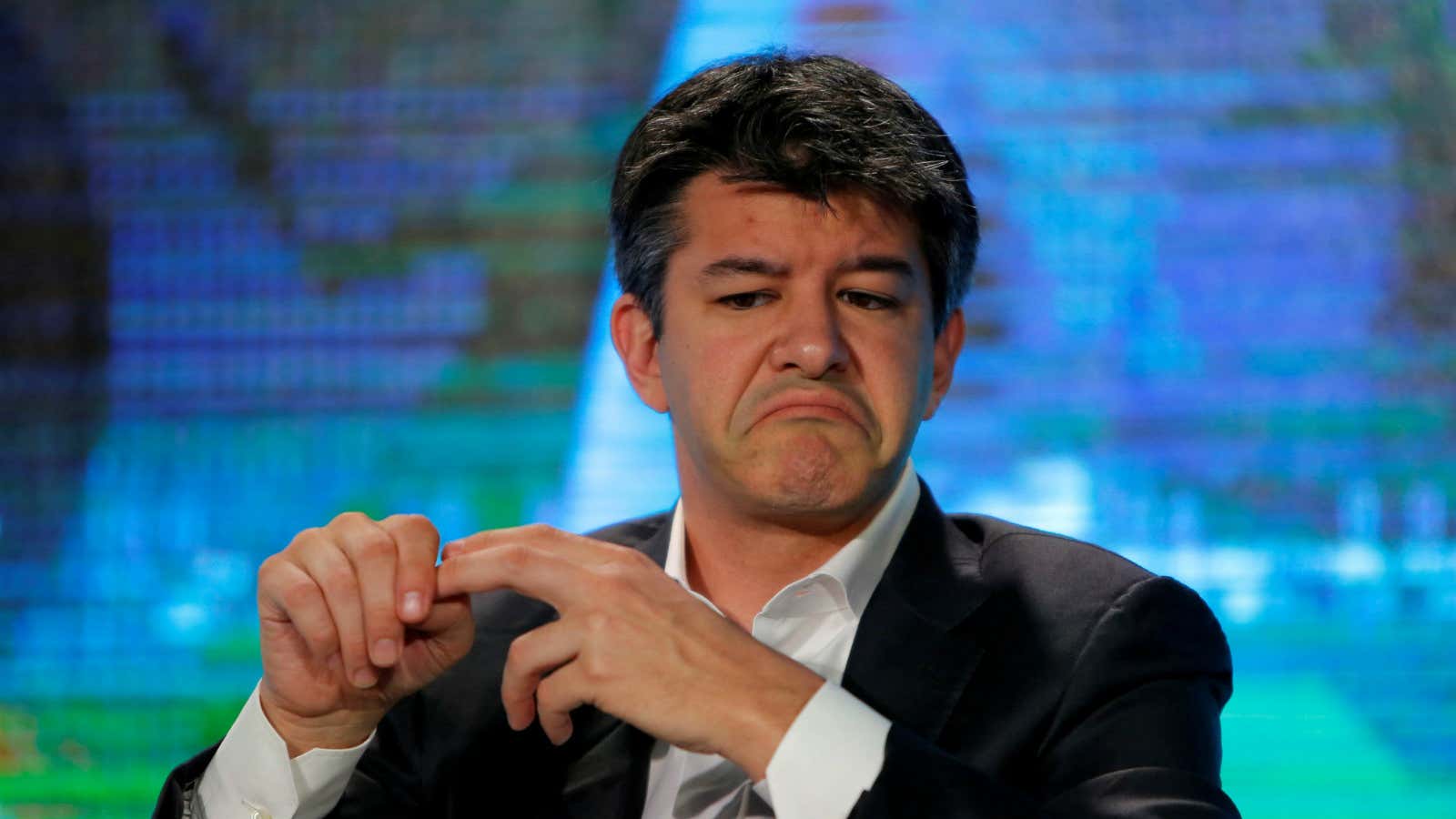A top executive at Uber’s Asia business has been fired because he mishandled the proceedings in a 2014 rape case in India, according to two separate media reports. Eric Alexander, president of Uber Asia, was shown the door after reporters began questioning his actions of obtaining medical reports of the woman raped in New Delhi by an Uber driver, The New York Times reported. A similar article was published by Recode. Neither report named its source.
An Uber source confirmed to Quartz that Alexander was out. However, a company spokesperson told Quartz that they could not comment on the specific reasons of his departure.
Alexander’s exit comes at a time when Uber is on a firing spree. Twenty of its executives were asked to leave on June 06 following an internal probe into its workplace culture. Alexander wasn’t part of that group, though, according to the NYT. Reports suggest that although Uber’s top leadership was aware of Alexander’s private investigation, they did not disclose it during the firm’s internal probe.
“The 2014 crime in Delhi was absolutely horrific and something no one should ever go through. Uber responded by working closely with law enforcement and the prosecution to support their investigation and see the perpetrator brought to justice. We have taken significant steps to improve our safety processes and policies in recent years to ensure the safety of everyone who uses the app,” Uber India president Amit Jain said in response to Quartz’s questions.
The rape took place when the woman was travelling back home in New Delhi in December 2014. The incident highlighted safety concerns for cab aggregators in the country. In the immediate aftermath, India’s home ministry even advised states to ban taxi aggregators.
Back then, Uber was still setting up its business in India—now the firm’s fastest-growing market—and such a jolt massively dented its reputation. It had to do some serious firefighting and subsequently introduced India-specific safety features.
Alexander, who was based in Hong Kong, reportedly was not convinced that the rape took place, according to the NYT. He believed it is was a dirty game played by Ola, Uber’s fiercest competitor in India, to sabotage the company’s operations in the country. Hence, he took the investigation into his own hands. The NYT story added:
Mr. Kalanick and Mr. Alexander had long telephone conversations about what they believed to be subterfuge on the woman’s part, trying to figure out how to rectify the situation, according to two people familiar with those talks. Mr. Alexander carried the woman’s records, which he believed were at odds with her account, with him. The ban imposed on the company in Delhi added to their suspicions.
While the incident did tarnish Uber’s reputation in Asia’s third-largest economy at that time, it looks like the crime still haunts the firm.
